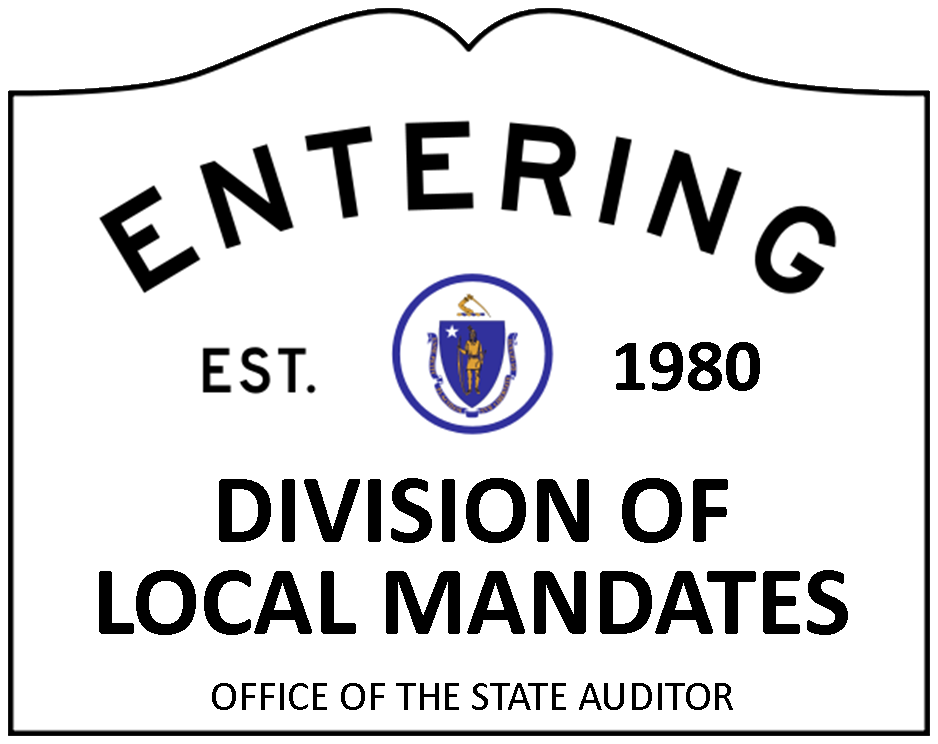- Office of State Auditor Suzanne M. Bump
- Division of Local Mandates
Media Contact
Mike Wessler, Communications Director
Boston — State Auditor Suzanne Bump today released a report estimating that two state homelessness programs are costing local governments over $13 million per year in education costs and lost tax revenue. The report highlights that nearly 70 percent of homeless families were placed in just ten communities: Holyoke, Danvers, Brockton, Allston-Brighton, Chicopee, Waltham, Malden, Leominster, Greenfield, and Weymouth.
“Cities and towns across the Commonwealth are struggling to deliver quality services to residents on lean budgets. Unpredictable and uncontrollable costs like these make this job all the more difficult,” said Auditor Bump. “Between the time of our initial report and the end of Fiscal Year 2016, unreimbursed McKinney-Vento costs for local governments will exceed $24 million. This is a significant financial burden that falls disproportionately on less affluent, gateway communities – and it should be fully addressed.”
Since 1983, the Commonwealth has provided emergency shelter housing for homeless families through a hotel/motel shelter program funded under the state’s Emergency Assistance Program (EA). A weekly average of more than 1,700 families occupied hotel/motel housing through the EA program in 2014.
In addition, Massachusetts’ participation in the federal McKinney-Vento program allows homeless students placed in temporary housing in a new municipality to continue attending school in their community of origin. McKinney-Vento requires both the community hosting the homeless students and the community from which students originate to share the cost of the students’ school transportation. A pair of 2011 determinations by Auditor Bump’s Division of Local Mandates (DLM) declared McKinney-Vento related transportation costs to be in violation of the state’s Local Mandate Law. In Fiscal Year 2014, Massachusetts communities paid $14.46 million for transportation services to comply with McKinney-Vento, of which only $7.35 million was reimbursed through state appropriations.
Today’s report states that education related costs for affected communities amounted to more than $11.4 million in Fiscal Year 2014. More than $7 million of that amount represents underfunded McKinney-Vento transportation costs. The remaining $4.4 million represents non-transportation related expenses in 41 communities participating in a DLM survey. The expenses included: special education services, administrative costs, extracurricular and enrichment programs, expansion of English Language Learner programs and the purchasing of additional textbooks and materials.
“The reimbursement rate for cities and towns has dipped dramatically, from 94 cents on the dollar in Fiscal Year 2013, to less than 51 cents on the dollar for Fiscal Year 2014,” said Auditor Bump. “The result has left school districts with few options but to cut costs in areas like staff or programming, potentially diminishing the quality of education.”
The study also found that some motel/hotel operators may not have been collecting local hotel room excise taxes for rooms rented under the EA program. The report estimates that failure to pay owed tax on rented rooms might be costing communities $1.7 million annually.
Auditor Bump recommends the Legislature fully reimburse the unfunded mandate for McKinney-Vento transportation costs and also consider reimbursing cities and towns for other expenses directly attributable to McKinney-Vento.
In response to Auditor Bump’s study, DHCD has amended its hotel and motel agreement process, requiring that all applicable taxes be paid on rooms rented by the agency. DHCD has also revised its monthly invoice form to clearly note the taxes included in the per room/per night amount charged to the EA shelter program. In addition, the agency agreed to share this information with host communities so that they can track the revenue they receive from motel/hotel shelter rooms.
The Local Mandate Law, M.G.L c.29, § 27C, provides that any post-1980 state law or regulation that imposes additional costs upon any municipality must either be fully funded by the Commonwealth or be subject to local acceptance. Auditor Bump’s Division of Local Mandates is responsible for determining the local financial impact of proposed or existing state mandates.
“These recommendations are in close accord with the spirit of Governor Charlie Baker’s recent executive order creating a community compact between the state and its communities,” said Auditor Bump. “I look forward to working with him and with the legislative leadership to address these unreimbursed impacts on local budgets,” Auditor Bump said.
###
